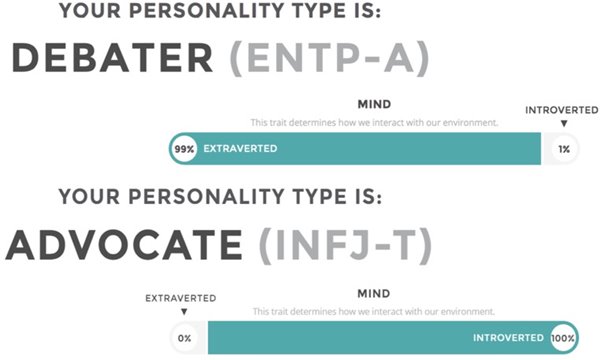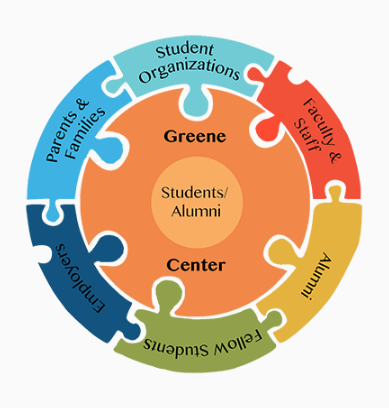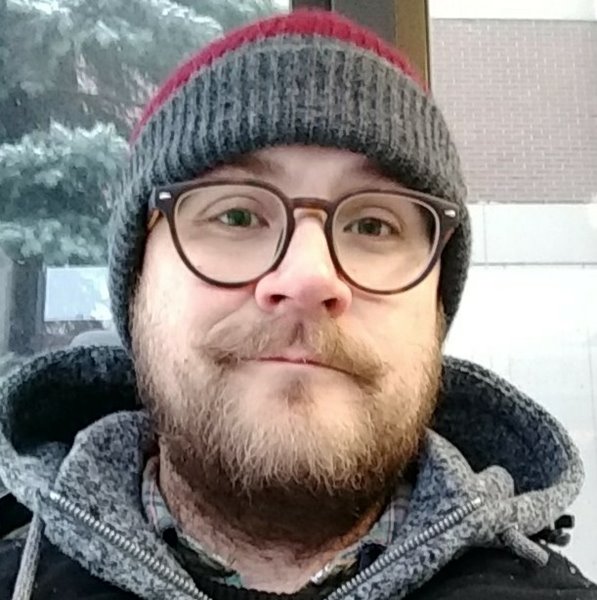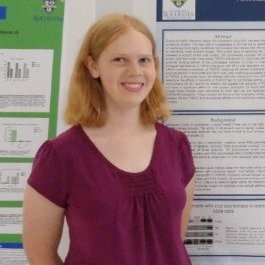Back to Back: Grad School Hustle Advice from an Extrovert & Introvert
News Article by Shannon Loelius and ELissa Flores, PhD Candidates
How to “hustle” in grad school essentially refers to networking, but also encompasses daily interactions that you may not classify as “networking”, but that really probably are. This includes asking professors questions (outside of class), bouncing ideas off peers (for your work or thought experiments), as well as the more traditional “networking” activities (meeting with people at conferences, meeting speakers, sending cold emails, etc.). This article will focus on the “how to” aspect of hustling. Most importantly, we will address this from two very different view-points: that of an introvert and that of an extrovert. In this article, we have discussed networking/hustling in our own ways. We hope this will be helpful in tackling the nebulous activity of networking or – the more term benign term – hustling.
Enhancing Career Services For Graduate Students
News Article By The Gwen M. Greene Center Communication Staff
The Gwen M. Greene Center for Career Education and Connections is committed to enhancing individual career readiness, connecting organizations and talent, and transforming our communities through education and collaboration.
Graduate Student Career Development and Fostering Graduate Student-Alumni Connections
News Article By Dan Curran, PhD Graduate Student and Sustainability Officer of the River Campus Graduate Student Association
A major incentive for students to pursue post-secondary education is career development. While departments do a good job of preparing students to pursue a career directly in their field of study, the reality of the current academic landscape is that most students who want to stay in academia will not be able to. Finding jobs in industry or following a non-linear career path is dependent on having a diversified network and a suite of soft-skills. These realities are applicable to graduate students in all fields of study, so it is the University’s responsibility to provide graduate students the opportunity to develop them. From my and others’ experiences, there is a seeming lack of commitment on an institutional level from the River Campus towards graduate student career development when compared to that of undergraduate student career development.
Embrace Uncertainty
News Article by Dillon Schrock, PhD
The journey through graduate school is full of difficult lessons and uncomfortable realizations. One of the most challenging aspects to face is the inherent uncertainty of science. Upon entering a graduate program, new students often come to realize just how little they know of their chosen field, seeing our mentors and surrounding faculty as consummate experts. An important step in maturing as a scientist is to realize that those same experts deal intimately with their own uncertainties all the time. Tolerating and even embracing this vagueness is necessary for the scientific process. Finding and testing gaps in knowledge is, after all, what science is all about. In fact, some of the most exciting times in scientific discovery come from observations that challenge what we thought we knew. This perspective on the known and unknown is a critical component of graduate education.
My Experience As A Writing Consultant
News Article by Janelle Veazey, PhD Candidate
A student walks into the Writing, Speaking and Argument Program waiting room. "Hi, are you here for Janelle?" I ask. She answers yes, and we walk back to a tutoring room. "So, what are we working on today?" I ask. "A draft for Writing 105. I really want to focus on clarity " she replies. I ask for the prompt and discuss the thesis and general outline of the paper before reading the essay aloud. We stop after every paragraph or two to discuss the main point of each paragraph and how it relates back to the stated thesis. Other times, I write down an outline of the current structure on scrap paper and spend 5-10 minutes discussing other possible structures. The goal is not to peer-edit, but to help the student become a better and more confident writer. And I find myself becoming a better writing through helping others develop their writing.





